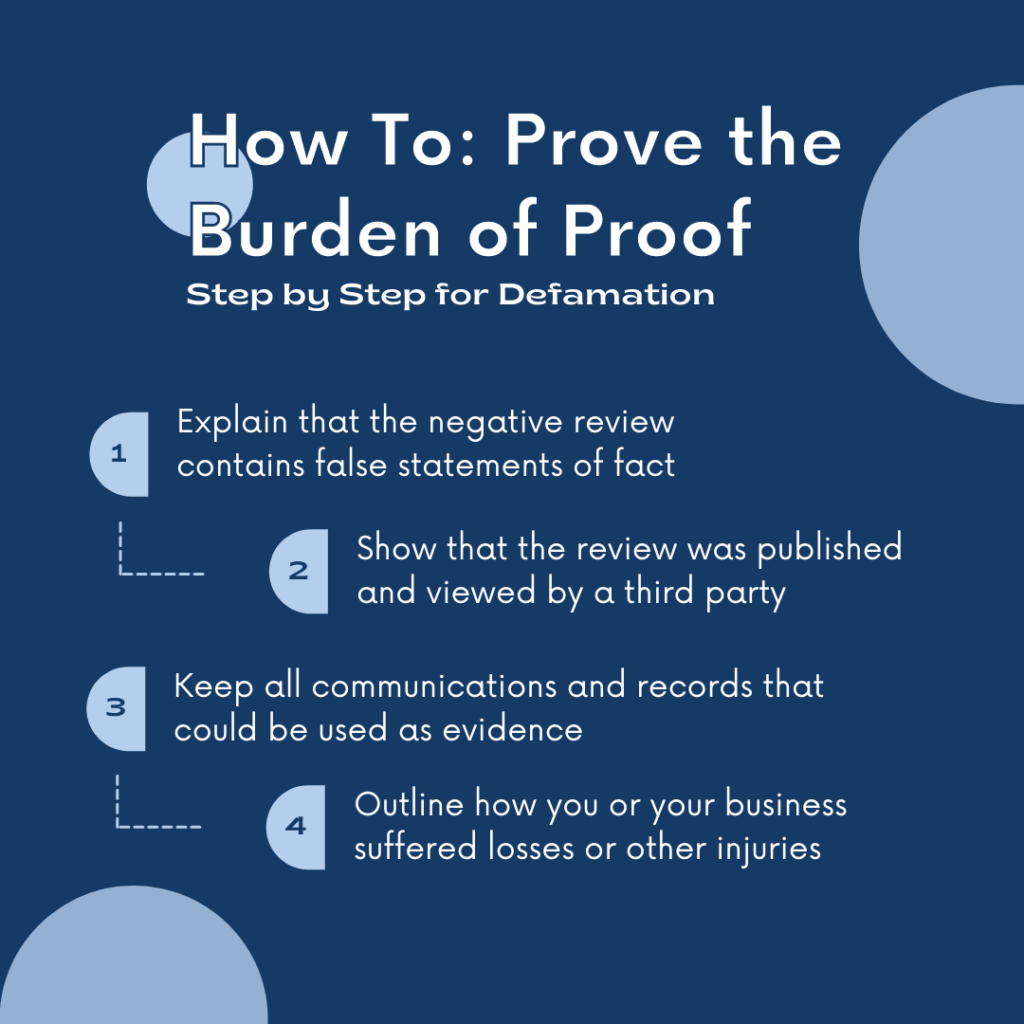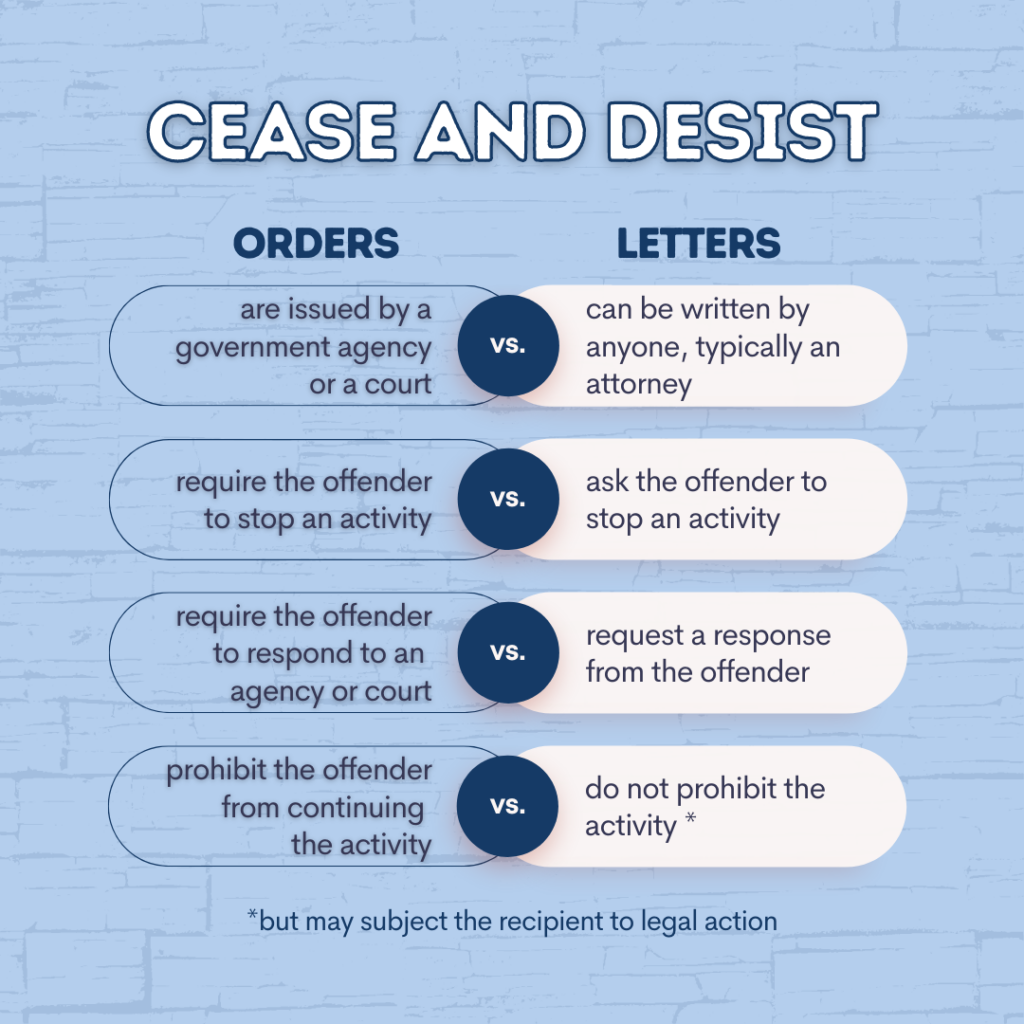Defamation in the Workplace: How Do You Protect Your Reputation?
Defamation in the Workplace: How Do You Protect Your Reputation?

Defamation is the use of false and malicious statements to malign or damage a person’s reputation. In the workplace, it has the potential to bring an employee’s character into disrepute, stifle career development, and create serious health issues. In some cases, defamation causes irreparable damage. Although not a crime in most states, it is considered a tort or a civil wrong. Victims of defamation can file civil suits against defamers to defend their reputation and obtain relief.
Defamation in the Workplace
There are two forms of defamation: slander and libel. Slander is verbal defamation, while libel takes written form. Of the two, slander is more common in the workplace. Slander occurs when one employee maliciously spreads untrue information about another with the intent of hurting the target’s career or professional reputation. For instance, if a coworker tells your supervisor – falsely – that you are involved in illegal activity, and you’re fired due to this claim, it could constitute slander.
Libel is when one employee writes false information about another and maliciously circulates the information to others, causing professional harm. Due to libel’s ability to outlast slander, it is considered more damaging than its spoken counterpart. Libelous statements can be communicated in the form of an email or letter. A job reference that lies about your performance can also be considered libel.
Proving Defamation in the Workplace
Proving that there is defamation is the first step toward addressing the issue. While negative content and harsh words can be hurtful, they do not all constitute defamation. The First Amendment grants individuals the right to free speech. Therefore, people have the right to share their criticisms and opinions – no matter how harsh they may be.
For an act to be considered defamatory, it must include the elements below.
- The perpetrator or employee intentionally made a false statement
- The statement was published, meaning that it was communicated to one or more employees
- The allegedly defamed employee was injured due to the statement circulated
- It was clear or discernible that the act was directed at the defamed victim
How to Protect Your Reputation in the Workplace
Your reputation and professional character are among your most valuable assets. In an environment where harmful attacks are commonplace, consider the following measures to defend yourself.
Immediate Action
Situations involving defamation can quickly escalate if not addressed promptly. What starts as a rumor can soon be considered factual by those receiving the information. Once defamation can be proven, take immediate action to put a stop to the situation. Depending on the case, it may be necessary to involve your company’s human resource office.
Cease and Desist Letter
Issuing a cease and desist letter is a formal way to let a defamer know that you take a matter seriously and that they are to refrain from the potentially harmful activity. Cease and desist letters are not legal documents; however, having a defamation lawyer assist in their preparation can increase their effectiveness. These letters sometimes act as precursors to litigation.
Legal Action
You must ensure that you have a valid defamation claim to proceed with legal action. You must assemble strong evidence in support of your claim. Evidence of libel may include letters or WhatsApp messages containing the libelous information, while evidence of slander may include witnesses’ testimonies or recordings of the perpetrator during the act. If there are monetary damages, prepare proof of those as well. As litigation of defamation cases is complex, it is best to have an experienced defamation lawyer to guide and represent you during the process.
Defamation Lawyers in Scottsdale, Arizona
If you believe you are being defamed, contact the experienced defamation lawyers at RW Warner Law. We are experts in defamation law and have assisted many clients in successfully resolving their defamation cases. Call us at 1-866-570-8585 to speak with one of our internet lawyers or visit our online form to request a consultation.
Similar like this
You also might be interested in
Why Influencer Lawsuits Are on the Rise: And What It Means for the Industry
The influencer marketing industry has grown significantly over the past [...]
How to Remove Defamatory Content from the Internet: Legal Options Explained
In today’s digital world, defamatory content can spread quickly online, [...]
What’s the Difference Between Libel and Slander? A Legal Breakdown
A false statement can spread quickly and damage someone’s reputation, [...]
How a Cyber Harassment Lawyer Can Help You Fight Online Abuse
The internet has changed the way we communicate, but it [...]







